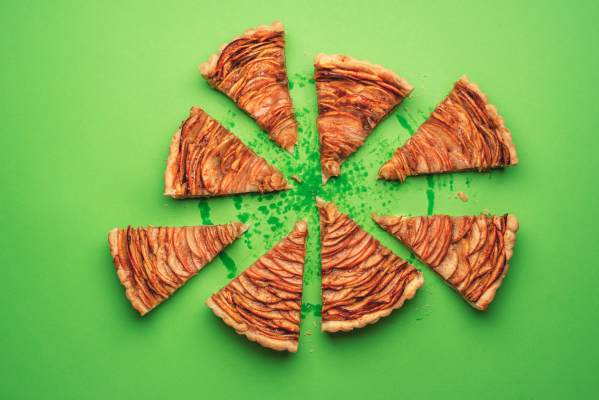By Dr. Thomas LaGrelius
Contributing writer
In normal times, I see many patients every day face-to-face in the office.
Now, I still see two or three — but I do see many on a screen. I look at photographs and videos of their rashes and injuries, discuss their fears and anxieties, give and take information and make plans for future in-person visits when we all get out of quarantine someday.

Of course we have sent our patients newsletters about the pandemic, and staff calls them one-by-one too, so they should know what to do and what not to do. Still, the commonest telemedicine visit or phone call I have is with patients worried about the coronavirus. Is this a symptom? Should I therefore be tested? Can I be exposed by doing this or that? Do gloves work? Do masks work? Is it more or less dangerous than flu? Why is it so much more contagious than flu? I welcome such calls and questions, but that’s not what I mean by telemedicine.
Let me tell you about a successful telemedicine visit.
Ten days ago, a patient sent me a photo of a finger laceration. She had been cut cleanly across the top and side of her fourth finger at the middle joint. What should she do? She is of course sheltering at home and does not want to come to any medical building unless I insist.
She believes correctly that I am in the hospital every day and that I am around COVID-19 patients occasionally. She wonders, like many, if it’s just a matter of time before I will start coughing and that I may be covered with virus. That is not true. When I go anywhere near a COVID-19 patient or a suspected one, I am practically in a space suit, which I discard on the way out the door; a very detailed protection system is in place all over the hospital.
So, I looked at the images of her finger laceration and asked her a few questions. I asked her to touch the tip of her finger and all around the finger to see if any part of it was numb. I wanted to make sure the nerve close to the cut was not injured. There was no numbness. I asked her to straighten the finger all the way to make sure the tendon just below the cut that extends that finger was not injured. She could straighten the finger fully without weakness or pain. Clearly the finger artery was fine; it was not bleeding and the finger tip was pink. OK. No need for nerve, vessel or tendon repair.

Normally I would have seen her in the office, closed the wound with stitches, put the finger in a splint for five to seven days to prevent the cut from moving since it was right over a joint, and I offered to do so. She’d rather not if there was another way, thank you. OK.
So I had her wash the laceration in plain soap and water, pat it dry with a clean cloth and put a tiny amount of Polysporin ointment on the cut. Then I walked her through taking a simple bandage and putting the sticky part on the bottom of the finger opposite the cut and wrapping it around the finger to hold the edges neatly together. Worked great. She was a quick study.
Then I had her get stiff adhesive tape and wind it around the finger to splint it in a slightly bent but almost straight position. She was told to leave it that way for seven days and keep it dry, use rubbing alcohol to clean the rest of her hand when needed (since she had no hand sanitizer), wear a glove when doing dishes and keep in touch. I’ve never done exactly that before, but was 99% certain it would work just fine. Necessity is the mother of invention.
I could fill many pages with such stories. We sure are working differently.
Live long, be well.
Dr. Thomas W. LaGrelius, M.D., F.A.A.F.P., is a certified specialist in family medicine and geriatric medicine. He is the founder and president of Skypark Preferred Family Care, a concierge primary care/geriatrics practice based in Torrance www.skyparkpfc.com. He is a staff member at Torrance Memorial Medical Center and Providence Little Company of Mary Torrance Hospital. Email questions and topic suggestions to office@skyparkpfc.com or call 310-378- 6208.










